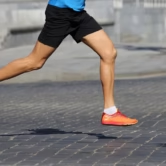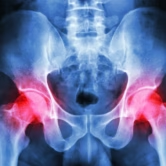Physiotherapy: Treating Arthritis Without Drugs
Discover the Ways Physiotherapy Can Help You Find Natural Relief Stiffness and discomfort don’t have to be a part of our daily lives — and yet many people assume that they’re doomed to suffer from arthritis pain. If you’ve been losing more and more of your mobility and productivity due…




